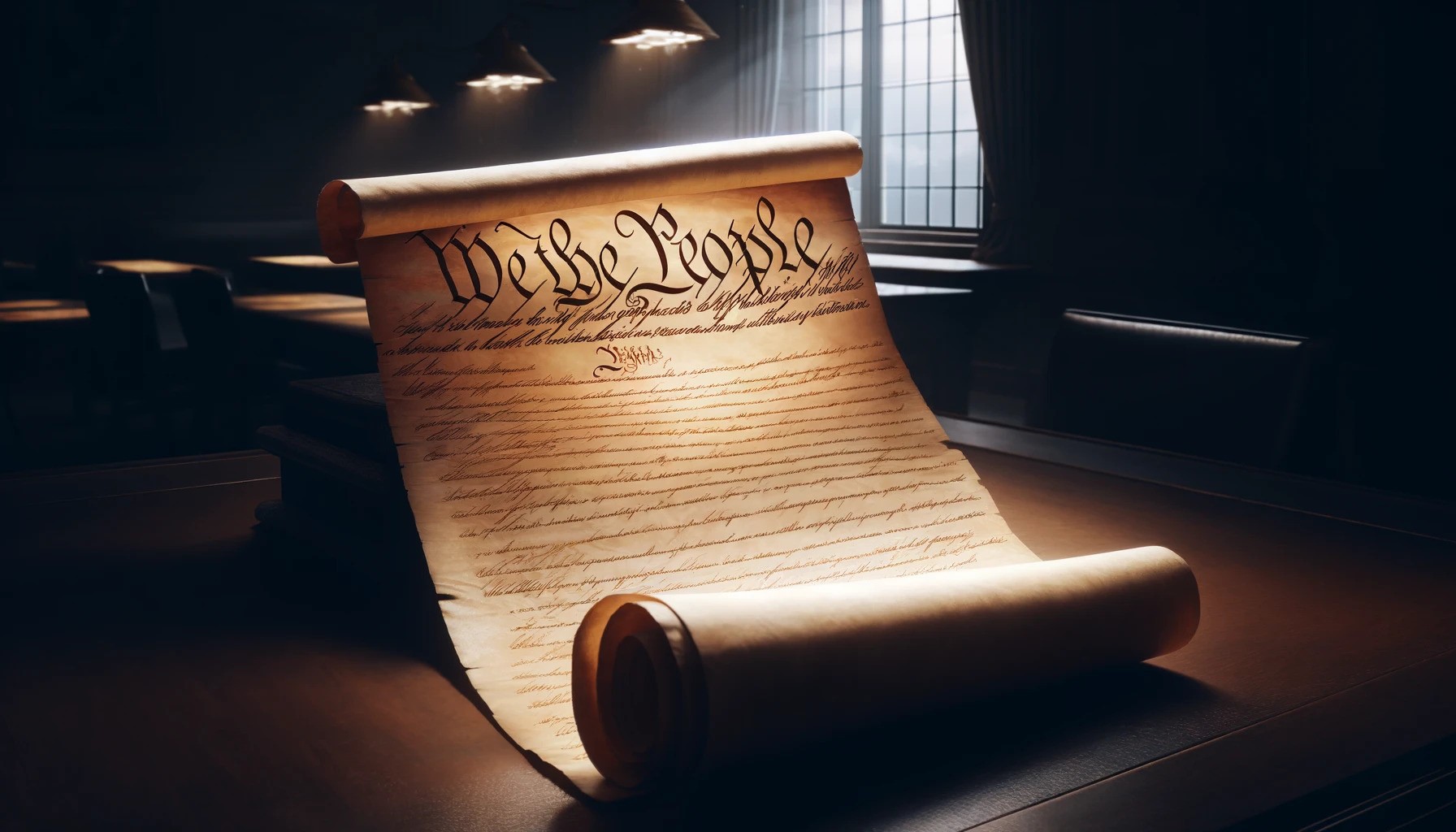(Money Metals News Service) In a recent episode of Kitco News, host Jeremy Szafron spoke with Jp Cortez, Executive Director of the Sound Money Defense League, about the resurgence of gold and silver as legal tender in the United States.
This initiative, led by Sound Money Defense League and Money Metals Exchange, is deeply rooted in the U.S. Constitution which originally recognized gold and silver coins as the official form of money specifically in Article 1, Section 10.
The Push for Constitutional Revival

Cortez discussed the constitutional revival underway across several states, aiming to eliminate taxes on precious metals and reintroduce them into daily transactions. This movement directly challenges the dominance of paper currency and the Federal Reserve’s control over economic stability.
Cortez emphasized that reintroducing sound money—currency that maintains its value over time—is crucial for long-term economic planning and societal growth.
Sound money also serves as a constraint on government spending, limiting the federal government’s ability to fund unnecessary projects and wars through unchecked money printing.
Historical Context and Current Initiatives
Cortez pointed out that the shift from a gold standard to a debt standard has led to substantial increases in government size, spending, and deficits. He argued that the Federal Reserve’s policies since 1971, when President Nixon closed the gold window, have contributed to financial instability, including inflation, which significantly affects the affordability of housing, food, and medicine.
On the state level, significant progress has been made to mitigate these issues by repealing sales and capital gains taxes on precious metals. Cortez highlighted that more than 45 states have removed sales taxes on gold and silver, and 33 states have eliminated capital gains taxes on these metals. This legislative trend is reducing the financial barriers to using gold and silver as money.
Addressing Federal and State-Level Changes
While states are making strides, Cortez noted that the most substantial impediments come from federal taxation. Discussions are ongoing at the federal level to eliminate these taxes, with recent initiatives including legislation reintroduced by Congressman Alex Mooney to end federal income taxation on gold and silver.
Practical Implications and the Future

Cortez also discussed practical aspects, such as the impact of Gresham’s Law, which might deter people from using gold and silver as money if devaluing fiat currency is still accepted. He advocated for innovation in the monetary system, including developments in digital and fractional gold, which could enhance the usability of gold and silver in everyday transactions.
Looking Ahead
The interview concluded with Cortez expressing optimism about the ongoing state and potential federal legislative changes, reiterating the importance of gold and silver in ensuring economic stability and constraining government excesses. He stressed the need for continued advocacy and education to promote the adoption of sound money principles across the United States.
This discussion on Kitco News not only sheds light on the significant legislative changes concerning gold and silver but also highlights the broader implications of these changes on the U.S. economy and individual financial stability.
Key Questions and Answers

Here are the key questions and answers from the interview between Jeremy Szafron and Jp Cortez on Kitco News:
Why is stable, sound money critical for economic stability?
Sound money ensures long-term value preservation, crucial for planning and infrastructure development. It constrains government spending by preventing unrestrained money printing, which can fund unnecessary projects or wars.
What federal policies and Federal Reserve actions impact economic stability?
The Federal Reserve’s ability to print money often leads to decisions that many might not support financially, such as wasteful projects and unnecessary military engagements. The shift from a gold standard to a debt standard has significantly expanded government size and spending, contributing to inflation and economic instability.
How do state-level initiatives impact the use of gold and silver as money?
States are repealing sales and capital gains taxes on gold and silver, which are major barriers to their use as money. By reducing these taxes, states make it easier for these metals to be used in daily transactions, encouraging their reintegration into the financial system.
How can too rigid a focus on sound money impact economic flexibility?
While acknowledging that there are trade-offs between a fiat system and a gold standard, Cortez argues that the benefits of a stable monetary base outweigh the potential constraints on monetary policy like quantitative easing.
How effective are state-level initiatives in influencing national monetary policy?
State-level actions are proving effective and are even inspiring federal legislative proposals. These efforts help reduce the barriers to using gold and silver as money and stimulate discussion and potential changes at the national level.
What are the broader implications of reintroducing gold and silver as legal tender for everyday financial transactions and the broader economy?
Long-term, reintroducing gold and silver as legal tender will provide a stable alternative to fiat currency, potentially reducing inflation and enhancing economic stability. It could also lead to innovations in how money is used and perceived in the economy.
Sound Money Defense League Highlights:

- Elimination of Sales Taxes on Precious Metals: Cortez noted that over 45 states have now removed sales taxes on gold and silver, which significantly lowers the barriers to using these metals as money. This legislative change makes it more feasible for individuals to purchase and use precious metals without the burden of additional costs imposed by sales taxes.
- Repeal of Capital Gains Taxes on Precious Metals: According to Cortez, 33 states have eliminated capital gains taxes on the sale of gold and silver. This removal encourages investment in precious metals, as individuals are no longer penalized with a tax on the gains they realize from these investments, making it more attractive as a long-term store of value.
- Investment in Physical Gold and Silver by States: Some states have passed legislation that allows state treasurers to invest in physical gold and silver. This not only backs the state’s financial reserves with tangible assets but also reinforces the role of precious metals in contemporary financial systems.
- Promoting Legislative Changes at the Federal Level: The actions and successes at the state level have inspired and propelled movements at the federal level, including legislation proposed to end federal income taxation on gold and silver. This national-level advocacy is part of a broader push to reestablish gold and silver as central elements of America’s monetary system.
- Educational and Advocacy Efforts: Beyond legislative achievements, the Sound Money Defense League plays a crucial role in educating the public and policymakers about the benefits of sound money. Their efforts help foster a broader understanding and acceptance of gold and silver as viable and stable money.
These accomplishments reflect the organization’s commitment to restoring gold and silver as recognized legal tender, aligning with constitutional principles and aiming to stabilize and secure the economic future.
